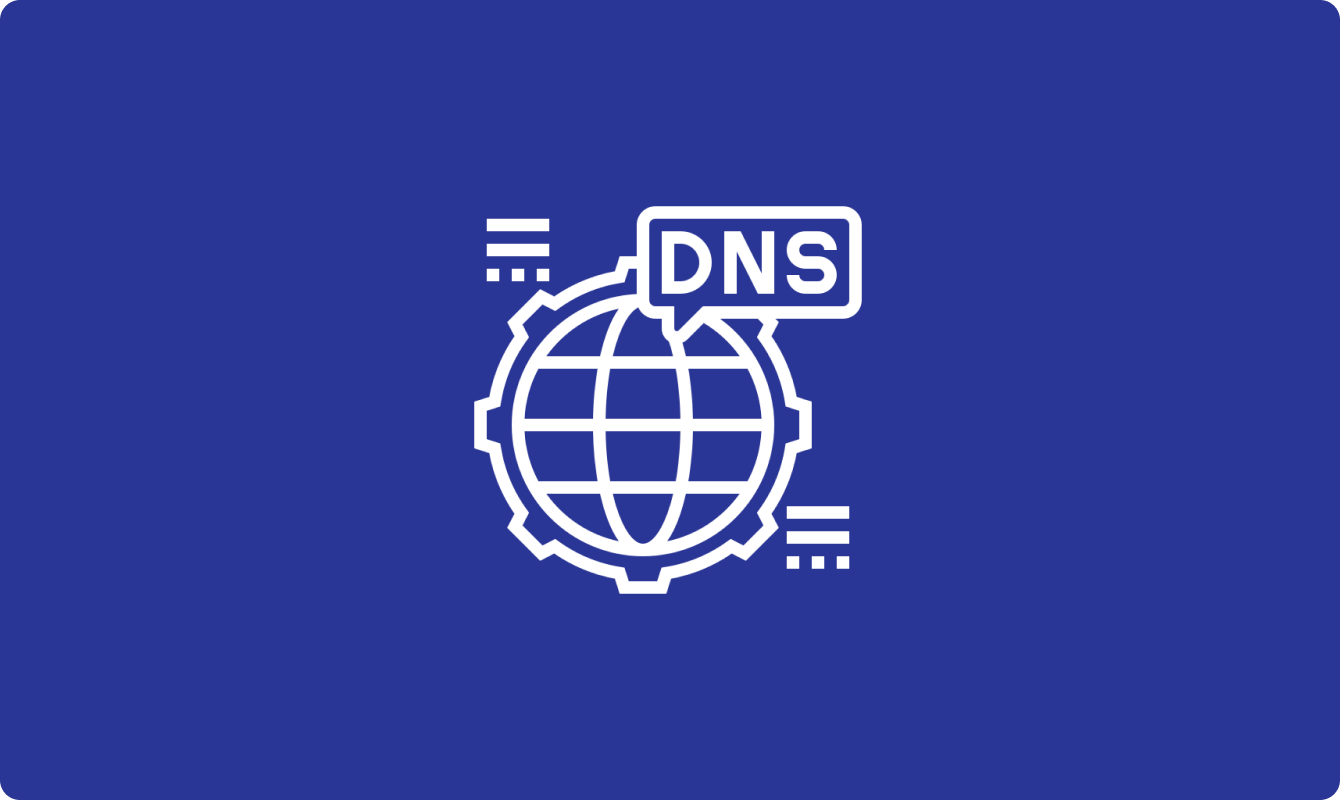Best Practices for Maintaining Effective DNS Filtering | BallsyNet
In the frantic world of internet security improving DNS filtering is similar to managing a ship in turbulent waters. It’s not just a once-off installation, but rather requires constant attention and adjustments. For companies that want to safeguard the digital properties of their customers, knowing how to maintain DNS filtering’s effectiveness is essential. Therefore, keep your eyes on the ball and let’s look at the best methods to assure that your DNS filtering does not only works but is also effective.
Consistent Updates: Keeping Your Defense Strong
Updates to the regularity of your DNS filtering software are similar to regular checks of the security of your system. These updates assure that your filters are equipped to fight the most current threats and operate at the highest level. It is essential to keep your database free of malware-infected URLs and patches up-to-date, so that your security is always a step ahead of the game.
Tailored DNS Policies: Customizing for Your Needs
There’s no standard approach in the field of DNS filtering. Customizing your policies to meet the needs of your particular organization is essential. Establish what you consider acceptable and dangerous, then create policies that meet security and operational needs. Flexibility is crucial; regularly revise and modify your policies to ensure they are in line with changing business requirements and the evolving landscape of online services. When you are setting DNS filtering rules, be sure to involve people from all over your company. Collaboration will warrant that policies are complete and won’t accidentally hinder vital resources for everyday activities. As seasons change and business requirements change, so do the needs of businesses and online environments. Review and update your policies to ensure their relevance and effectiveness.
Utilizing Whitelisting and Blacklisting: Precision Control
The effective use of blacklists and whitelists is crucial for successful DNS filtering. Whitelisting lets essential websites bypass filters, ensuring seamless operation of business. In contrast, blacklisting restricts access to unsafe or unneeded websites which improves network security. Make sure your blacklists are updated to ensure that they are up-to-date and reflect the changing requirements of your organization. Continuously analyze and monitor the network’s traffic to recieve insight into DNS filtering efficiency. Look for unusual patterns that could signal security issues or restrictive filters that are affecting the operation. Consider investing in advanced analytics software to get deeper insights and facilitate precise adjustments to filtering protocols.
Ensuring Redundancy: Safeguarding Continuity
Don’t put all your eggs in the same basket. Redundancy within your DNS filtering system is vital to ensure continuous operation. Make use of many DNS servers in order to improve the reliability and availability of your system, providing unstoppable protection even when one component is not working. Inform users regularly about what is important to DNS filtering and secure internet techniques. Provide sessions of training to keep users updated on the most recent threats and security methods, which makes them an integral part to your defense plan. Integrate DNS filtering along with other security measures, such as antivirus and firewalls to create a security architecture. Make sure that all systems are in sync to share information and deal with threats energetically.
Regular Testing: Proactive Defense
Test your DNS filter regularly to assure that it responds in a predictable manner to different threats. Simulated attacks may reveal vulnerabilities before they are exploited by actual threats. Conduct periodic audits conducted by security experts, either external or internal, to evaluate DNS filtering efficiency and to identify areas that need improvement.
Adaptability for Security: Staying Ahead
Effective DNS filtering takes constant effort, flexibility and adaptability. By following these accurate practices, you will warrant that your DNS filtering is a strong defense against cyber-attacks and protect your network. Remember that when it comes to cybersecurity, apathy is your adversary. Keep an eye on the situation, be active, and ensure that your filters are in tip-top shape.


